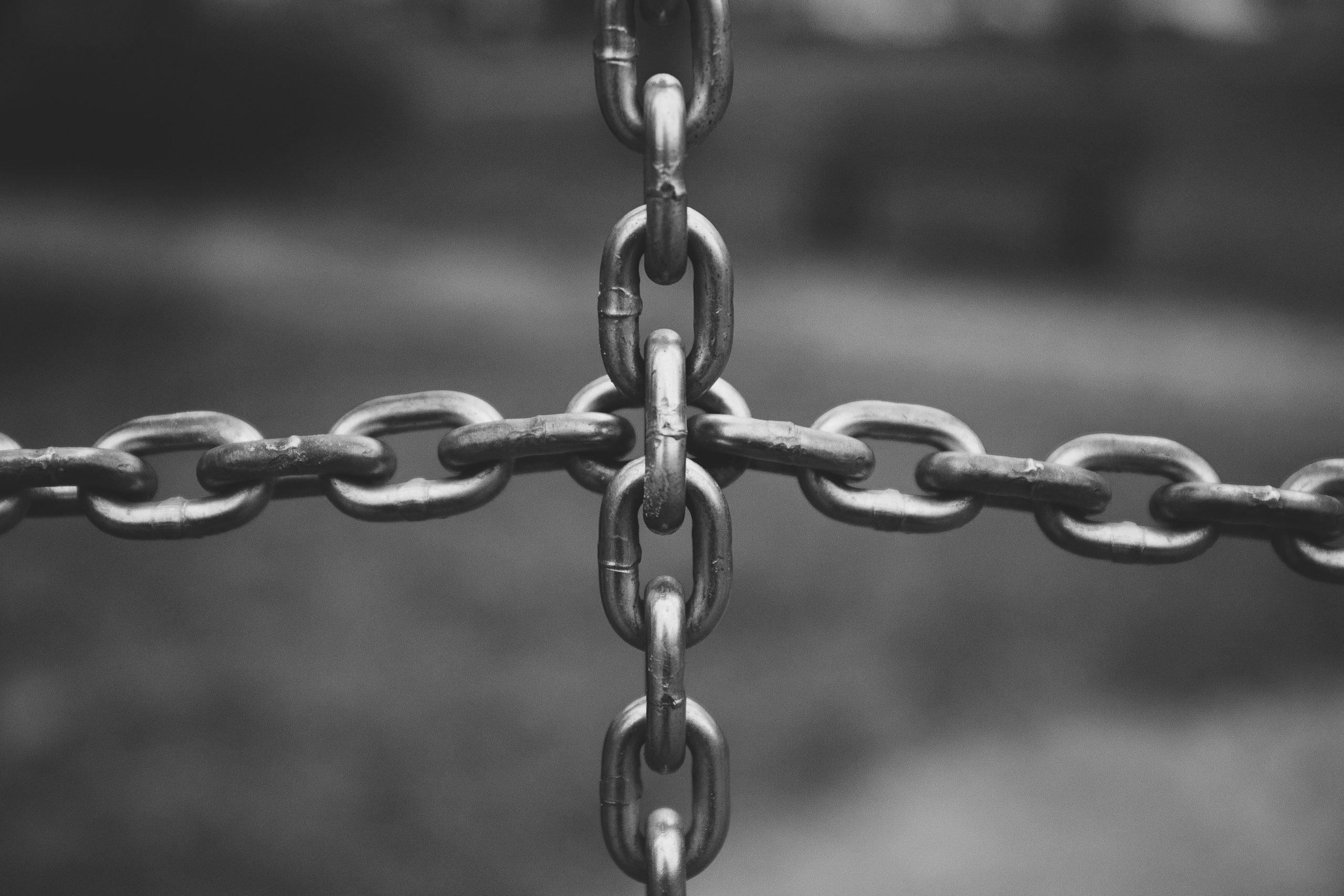Ombudsman to Investigate WSIB Treatment of Mentally Ill Workers
 " alt="Ombudsman to Investigate WSIB Treatment of Mentally Ill Workers">
" alt="Ombudsman to Investigate WSIB Treatment of Mentally Ill Workers">
Written on behalf of Peter McSherry
According to the Toronto Star, the Ombudsman of Ontario has received a 138-page submission calling for an investigation into the Workplace Safety and Insurance Board’s (WSIB) treatment of workers with chronic mental stress injuries. Under the current WSIB regime, such workers are not entitled to compensation. This is despite the WSIB’s own independent appeals tribunal (the Workplace Safety and Insurance Act Tribunal, or WSIAT) deeming this lack of coverage unconstitutional.
The complaint was submitted by three Toronto area legal clinics, a private practice lawyer, and Ron Ellis, a retired WSIAT chair, and states, in part, that
“It is untenable that this group of vulnerable workers remain excluded from the compensation to which they are constitutionally entitled…[t] he absurdity of the situation and the grim consequences for workers warrant your office’s urgent attention,”
Since the complaint came to light, Minister of Labour Kevin Flynn stated that fair benefits for injured workers (as well as those living with mental stress) were “a priority”.
The WSIB and Mental Stress
Under it’s current governing legislation, the WSIB must compensate workers who suffer from mental stress injuries resulting from “an acute reaction to a sudden and unexpected traumatic event at work”.
To obtain compensation, a worker must establish both that a sudden and unexpected traumatic event occurred while they were in the workplace, and that they suffered an acute reaction as a result.
Sudden and Unexpected Traumatic Event at Work
Under the current policy, unexpected and traumatic workplace events include:
- witnessing a fatality or a horrific accident
- witnessing or being the object of an armed robbery
- witnessing or being the object of a hostage-taking
- being the object of physical violence
- being the object of death threats
- being the object of harassment that includes being placed in a life-threatening or potentially life-threatening situation (e.g., tampering with safety equipment; causing the worker to do something dangerous).
Workers are not entitled to compensation for “traumatic mental stress that is a result of the employer’s employment decisions or actions”. Workers are also not entitled to compensation where they develop psychological conditions from situation that are not “sudden and unexpected”, such as prolonged harassment, or a long-term poisoned work environment.
An Acute Reaction
Under current WSIB policy, an “acute reaction” is defined as a “significant or severe reaction by the worker to the work-related traumatic event that results in a psychiatric/psychological response”. This must generally result in a diagnosis recognized by the Diagnostic and Statistical Manual of Mental Disorders (DSM-IV) and includes:
- acute stress disorders
- posttraumatic stress disorders (PTSD)
- adjustment disorders, or
- an anxiety or depressive disorders
Workers who develop mental stress gradually, over time, due to general workplace conditions, such as harassment, are not entitled to benefits.
What Does this Mean?
The Star article profiles Wendy Knelsen, an employee at a London, Ontario area fire department who has been fighting the WSIB for coverage for more than a decade. Ms. Knelsen filed a WSIB claim for her chronic PTSD which she says stems from ongoing harassment and bullying by her supervisors, and an investigation into the death of a firefighter that she was asked to undertake with no previous investigation training. The WSIB denied her claim, saying that it was not required to compensate a worker for chronic mental stress injuries.
Since Ms. Knelsen’s initial denial of compensation, three separate WSIB denials were successfully challenged by workers suffering from various forms of mental injuries resulting from workplace incidents. However, WSIAT rulings are not binding and are only relevant to the particular cases before them. As such, the WSIB can continue to deny claims for mental stress, despite these three successful prior challenges, and each worker seeking an appeal of a denial must launch their own challenge. This is an expensive and lengthy process that is intimidating and not feasible for many injured workers.
We will continue to follow developments in this important matter and will provide updates as more information becomes available. If you have been injured at work have questions about disability at work, disability insurance policies, or benefits including WSIB, CPP, and EI, contact Peter McSherry by phone at 519-821-5465 or by e-mail to schedule a consultation.




